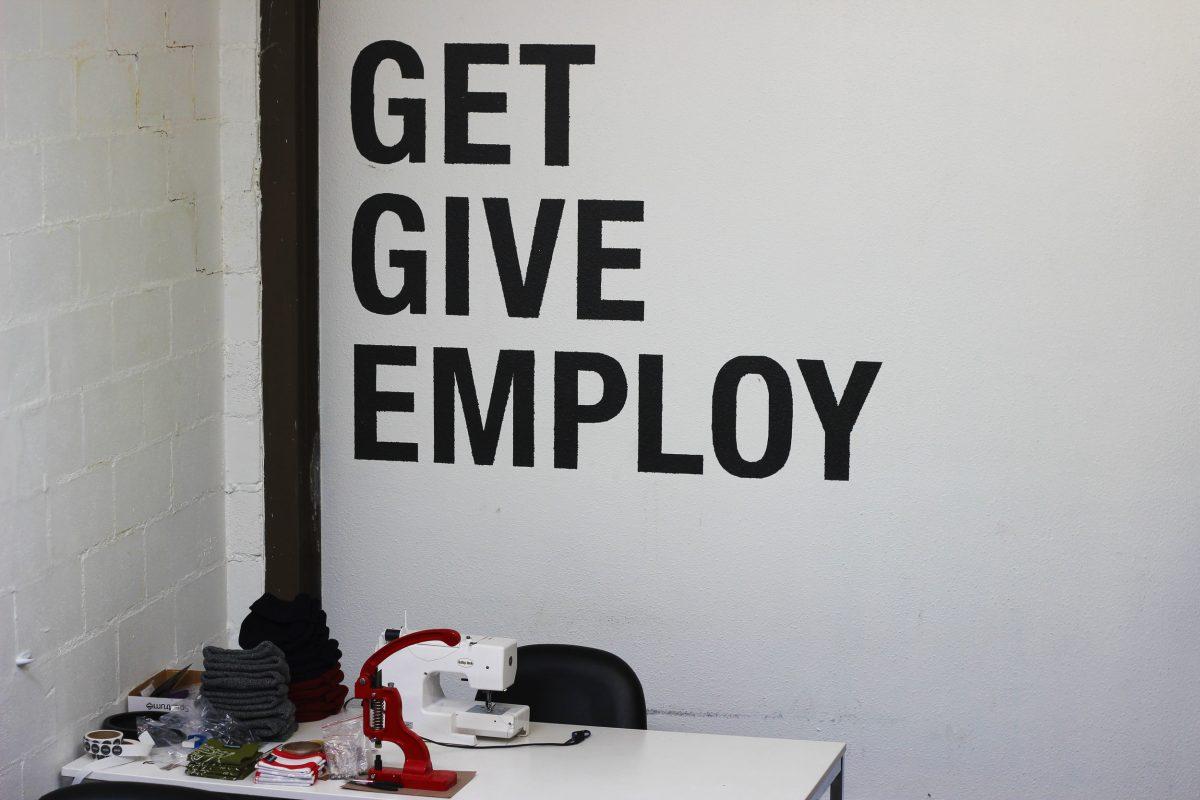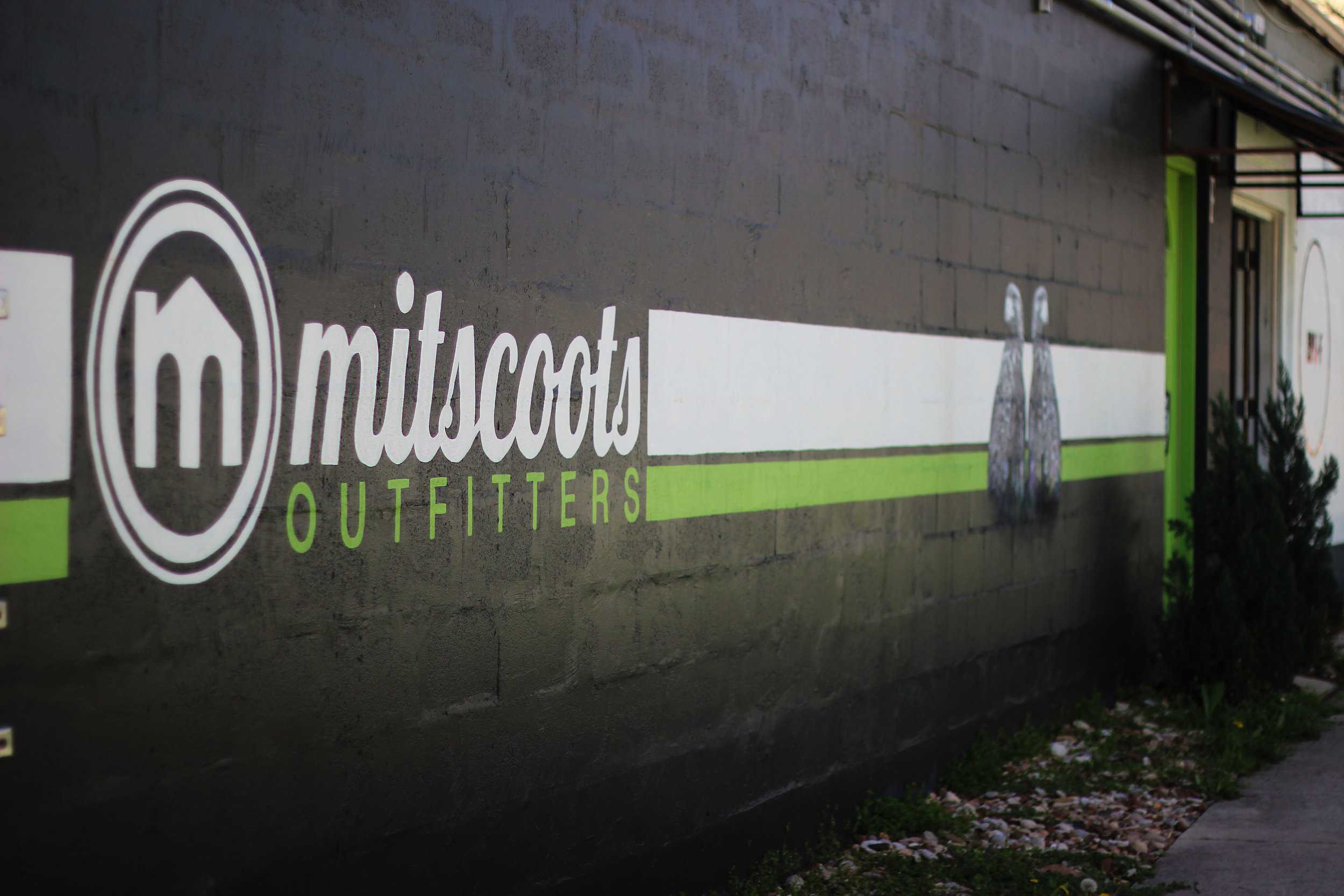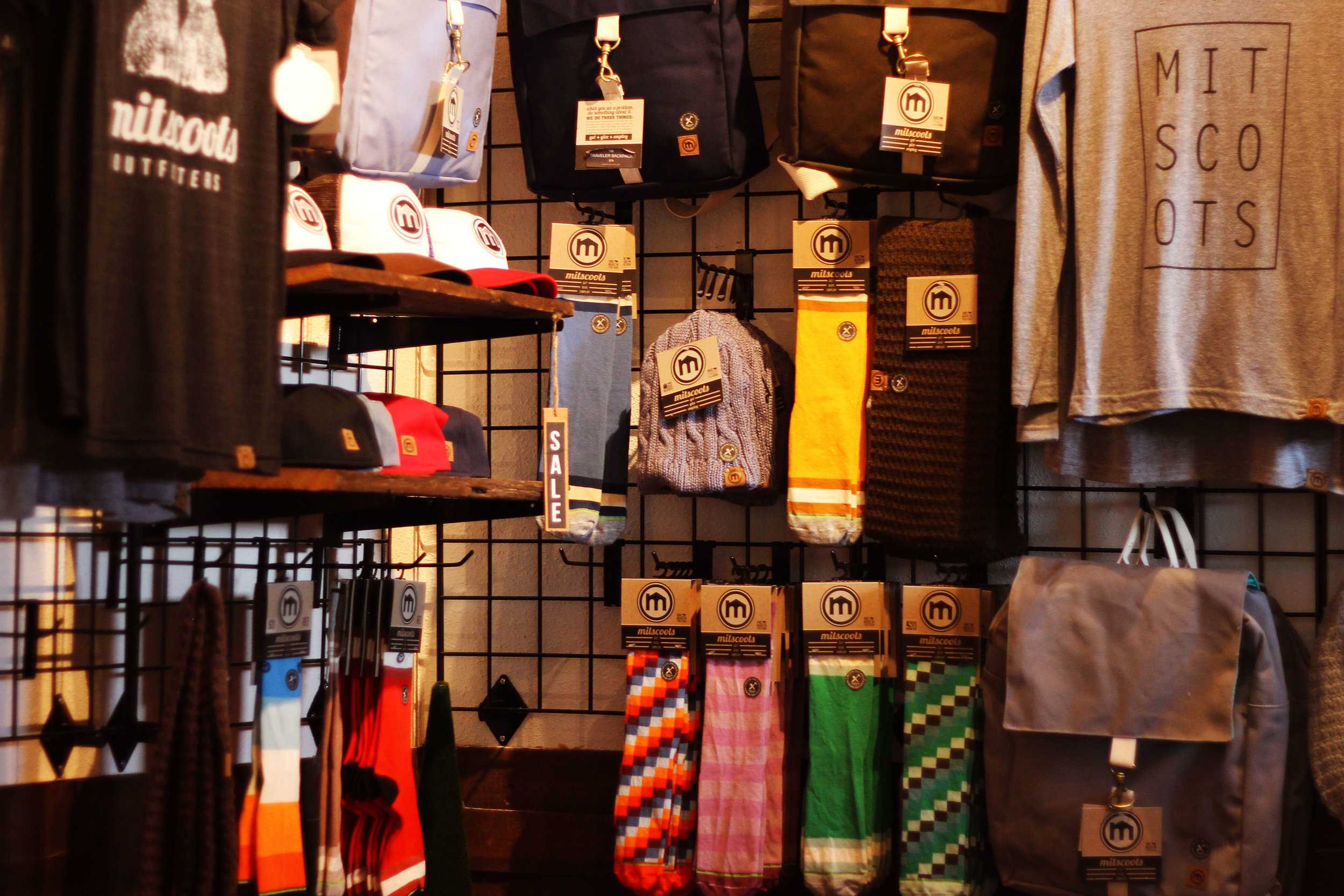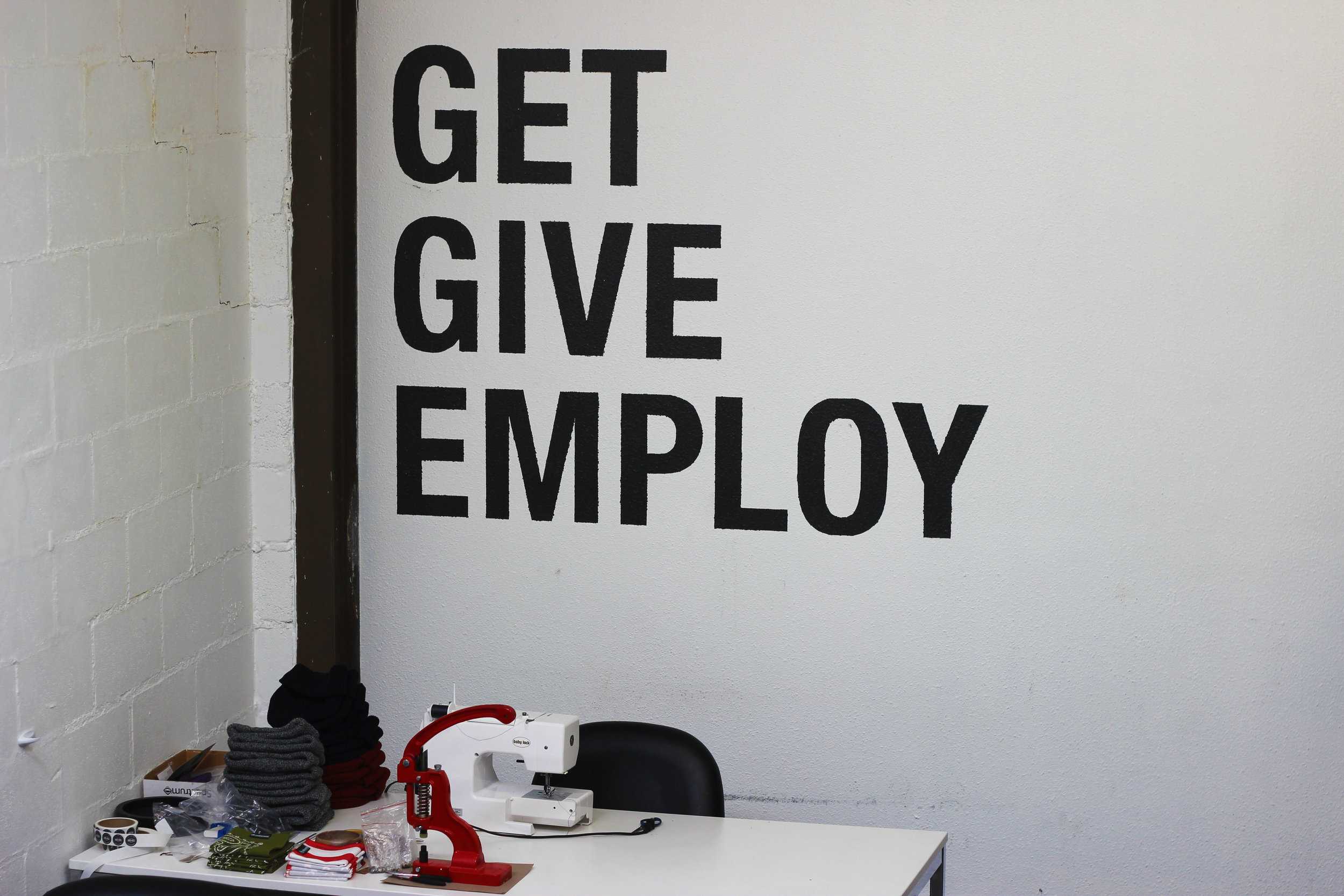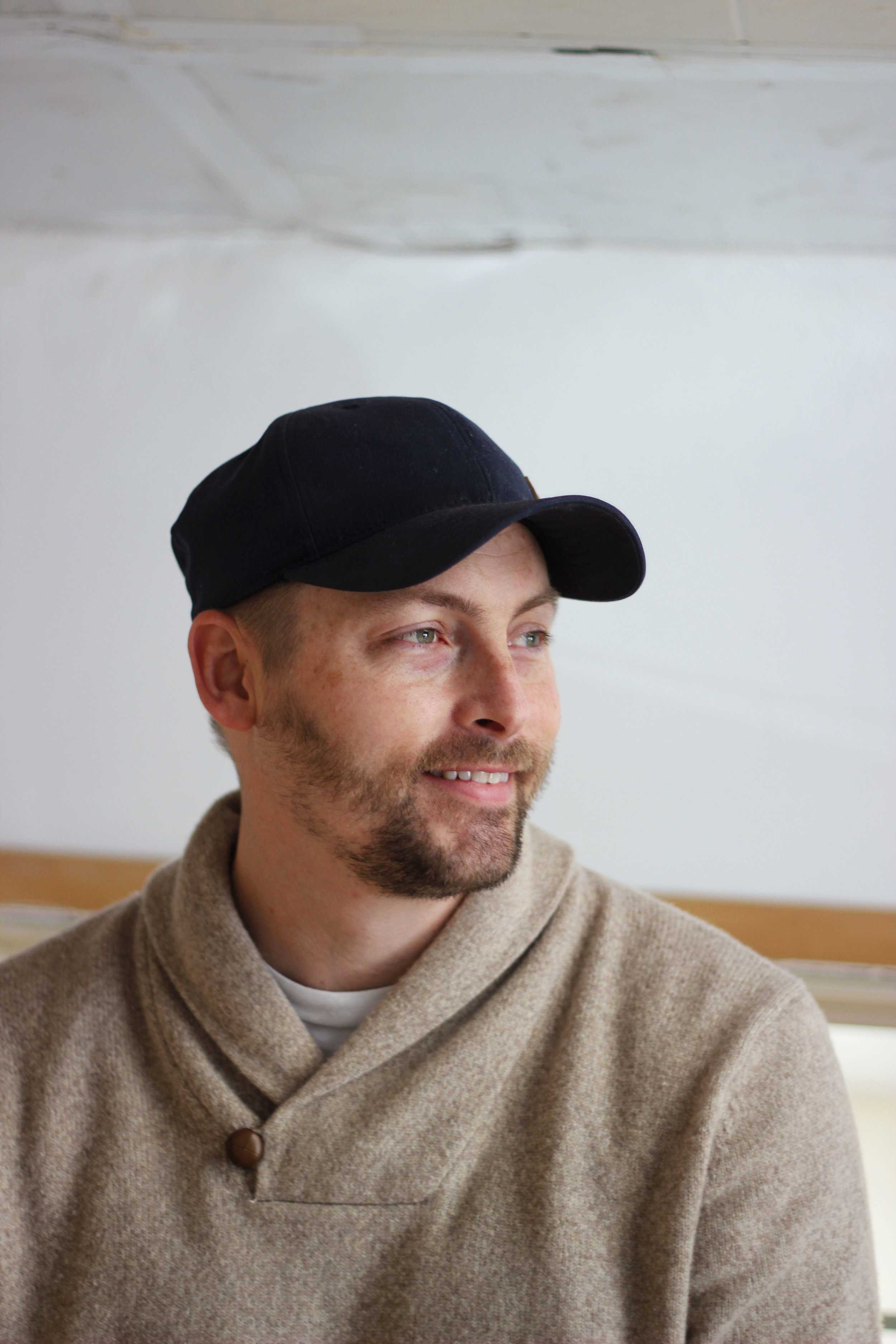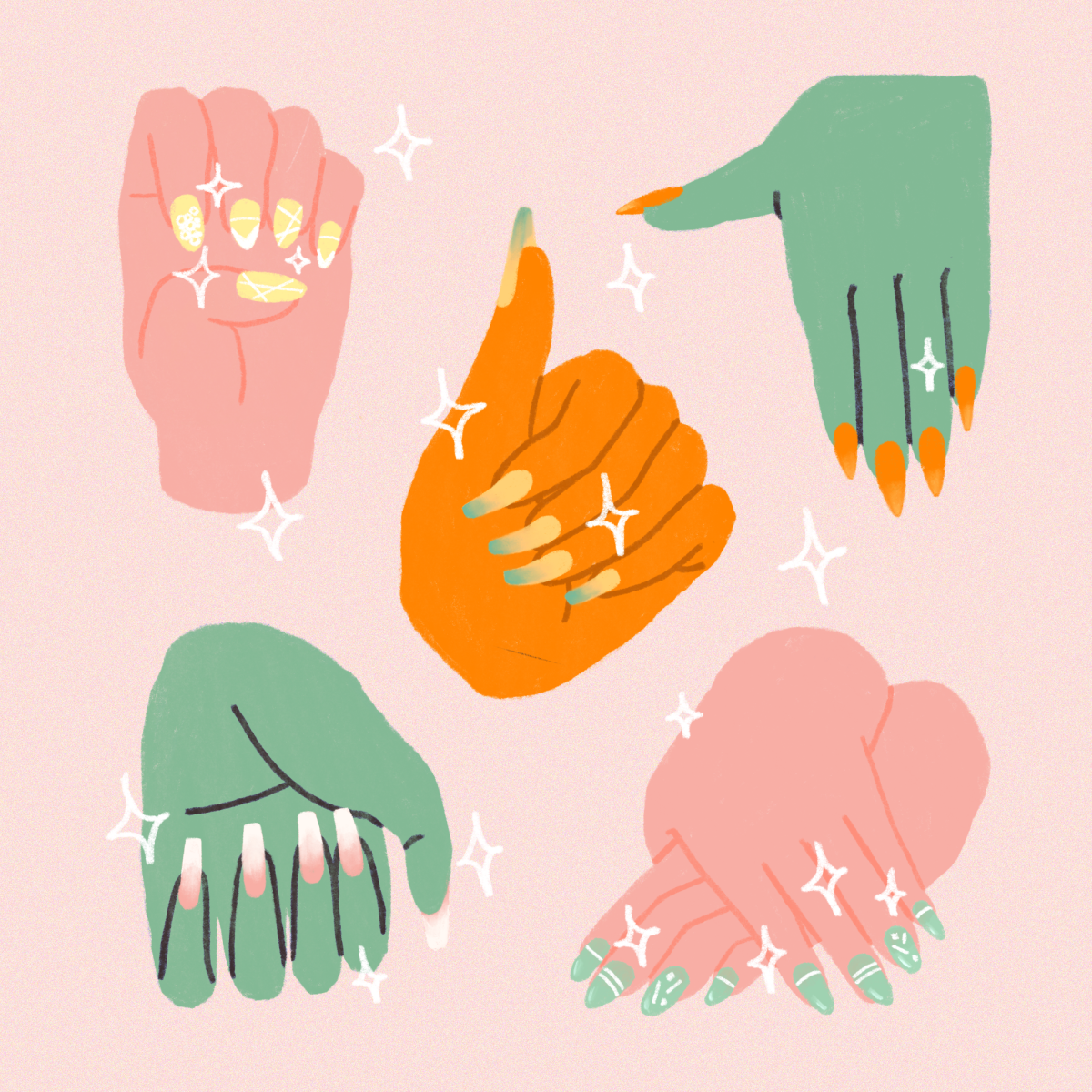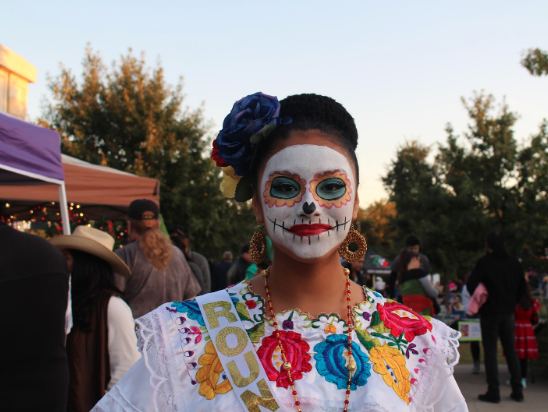Mitscoots Outfitters is an Austin-based apparel store located on East 6th Street.
After three weeks of mistakenly misspelling his name as a kid, Tim Scott was saddled with a nickname that followed him throughout high school, the military and college: Mit Scoot. After years of trying to shake the nickname he secretly hated, Tim decided to reclaim it. A building in East Austin now stands with “Mitscoots Outfitters” proudly painted across it.
Story by Alexandra Currie-Buckner
Photos by Kiana Fernandez
In 2012, UT alumni Tim and Agata Scott launched “Mitscoots Outfitters”, a company designed with the business model of get, give and employ. The Austin-based clothing company aims to outfit the homeless community while also providing employment for those transitioning out of homelessness. “[Mitscoots] kind of serves as a motif for a lot of the homeless individuals that we help, to own that stereotype of homelessness and try to turn it into something that they’ve achieved beyond or really made their own versus just let it define who they are,” Tim says.
Tim’s desire to help the homeless community arose during his time at UT. “It was so black-and-white obvious that there were all these individuals up and down Guadalupe that needed help,” Tim says. “… I’d be sitting in class with my coffee or Jamba Juice or whatever and thinking ‘I’m such an asshole.’ I should’ve said something. I should’ve asked that guy, ‘Hey do you need help?’ But then what do I do? I didn’t know.”
Tim decided to face the issue head-on and began volunteering with his then-girlfriend Agata. “My wife who I was dating at the time just decided, let’s volunteer,” Tim says. “Let’s go out with organizations that focus on this issue. Let’s learn about it. Let’s no longer make this a scary thing in the distance, but something that maybe we can do something about. We just have to learn what that is.”
Inside Mitscoots Outfitter’s, the shop offers a wide variety of clothing and accessories.
Through volunteering with local organizations, Tim found that, after food and water, clothing was the most requested need by members of the homeless community. Tim and Agata began Mitscoots as a Kickstarter project to address this need and started only with socks. Operating on a one-to-one donation system, a pair of socks was donated for each pair sold. As business picked up, Tim found that Mitscoots had enough room to expand. He began asking the community about other priorities and some recommended articles such as beanies, baseball hats, or blankets to keep warm.
Mitscoots has now expanded its catalog to include common requests such as gloves, pillows, hats, blankets and bags. But, Tim’s greater aim is to address what he believes is the core of the social issue: poverty. “If I give somebody a pair of socks or a hat or a beanie or gloves — yes, on Maslow’s Hierarchy (of Needs), they will be less burdened in that moment, but the core problem is poverty,” Tim says. “That’s what needs to be solved, not this superficial ‘Here’s some stuff. Good luck with everything else!’”
Inside the work area of Mitscoots Outfitters.
Mitscoots also attempts to address the issue of homelessness with its employment program for the transitioning homeless that provides consistency, community and economic opportunity that may be difficult to find elsewhere. It provides accountability and integrates marginalized groups into mainstream society. “Hiring people is the goal, because then, ultimately, you can help move them beyond homelessness,” Tim says. “Otherwise, you’re just giving them stuff. That’s cool but that’s step one of a problem that goes many, many layers down.”
To Tim, these layers include issues such as mental health, education and development, addiction and substance abuse. By solving immediate concerns such as clothing, he hopes they can then move onto the aforementioned, deeply-rooted needs.
Over the last six years, Mitscoots has employed nearly 20 individuals transitioning out of homelessness. These individuals are offered part-time work packaging products and assistance in filling out paperwork needed to apply for documentation like IDs or housing placement. They are also given a reference in order to build their resume and reorient themselves in the workforce. “I want someone to move up, not flat-line and stay here forever, as with any employee that we have,” Tim says.
Tim Scott, with wife Agata Scott, is the co-founder of Mitscoots Outfitters.
He describes one of the company’s high points as his experience going to a housewarming party for a man named Ellis, one of Tim’s very first employees. “I got him this little framed thing that said, ‘Welcome home’,” Tim says. “… Having a company is cool. Designing new products is cool. We really take a lot of pride in the things we make and getting to wear your own thing, but it still kind of pales in comparison to the joy of helping someone no longer be homeless.”
Mitscoots now works with multiple non-profit partners to ensure even distribution of products all across the country. They hope to expand their product line so that it will be able to clothe someone from head to toe.
Tim’s greatest mission is to do what he believes the goal of any good social enterprise should be: go out of business. “If I had to close my doors because there’s no one else to help anymore, I can sleep well knowing I was the first human in existence that solved a social issue. I don’t think that’s ever going to happen to be quite honest,” Tim says. “There will always be economic disparity between those that have and those that don’t have and that’s complicated. But hopefully we can be part of making it a little bit easier, a bit better.”































